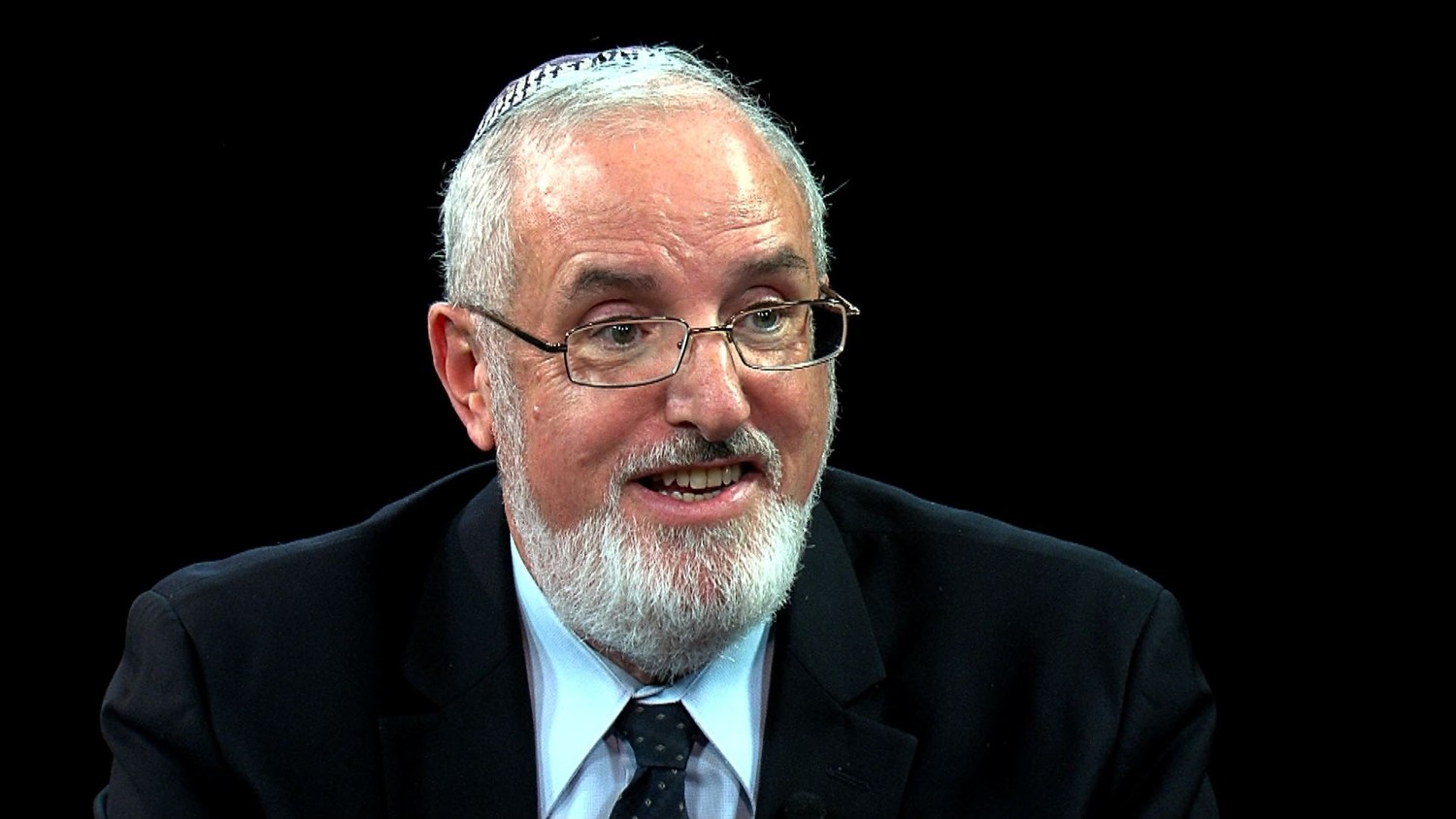Remembering Lincoln on Shabbat Tetzaveh
Until 1968, American’s celebrated February 12 as Abraham Lincoln’s birthday and February 22 as George Washington’s birthday. These commemorations were then replaced with Presidents’ Day on the third Monday of February. This was widely perceived as a downgrading of American veneration of Lincoln and Washington.
With the growing pressures for egalitarianism and multiculturalism, it was to be expected that great national heroes be cut down to size. After all, they were flawed human beings, not much better or different from ourselves.
In his perceptive book, Abraham Lincoln in the Post-Heroic Era, Dr. Barry Schwartz traces the dramatic drop in Lincoln’s prestige, especially since the 1960s. He writes: “Ours is an age ready to live without triumphal doctrine, an age in which absolutes are local and private rather than national, a post-heroic age in which national greatness is the epitome of the naive and outmoded” (p. 191).
In the post-heroic era, it has become fashionable to focus on the evils of American society and American history. Our “heroes” have now tended to be athletes and entertainers rather than singularly great political figures.
Indeed, to identify a public figure as “great” is to invite a barrage of criticism from the politically correct opposition, stressing that person’s numerous sins and shortcomings.
Those of us who spent our childhoods before the mid to late 1960s are still the biggest fans of Lincoln. Those whose childhoods were in the late 1960s and later were less likely to study about the great Abraham Lincoln that we knew: the common man born in a log cabin who went on to become one of America’s great presidents; the man of homespun wit and wisdom; the president who saved the Union; the president who emancipated the slaves; the president who was deeply religious in his own special way.
As children, we learned not just to respect Lincoln, but to see in him a quality of excellence to which we ought to aspire. Lincoln’s greatness was an inspiration; he represented the greatness of America and the American dream.
This week’s Torah portion tells of the eternal lamp that was to be lit with pure olive oil in the Mishkan, the wilderness sanctuary of the Israelites. The eternal lights in our synagogues derive from this ancient practice of our ancestors. The significance of the lamp — symbolizing the Divine Presence — is that it was “eternal,” always to be lit.
It was not a large torch or bonfire; it was not part of a huge powerful structure: it was a small, quiet light; its virtue was in its steadiness. It was always lit, always giving light and inspiration.
Perhaps we ought to think of greatness in terms of the eternal light. Greatness does not entail having all the virtues and strengths; greatness does not depend on external pomp and glory. Greatness, like the eternal light, needs to be steady, to give light, to inspire from generation to generation.
It is futile to argue that Abraham Lincoln — or any human being — was absolutely perfect and without shortcomings. Yet this does not negate the possibility of human greatness, any more than it would be to negate the greatness of the eternal light because it was not a larger, stronger light.
A great human being is one whose life offers a steady light and inspiration to the generations, whose words and deeds have had profound positive impact on others, whose existence has helped transform our world into a better place.
Abraham Lincoln was a great man with a lasting legacy to his country and to the world. His spirit is well captured in the closing words of his second inaugural address, delivered on March 4, 1865: “With malice toward none; with charity for all; with firmness in the right, as G-d gives us to see the right, let us strive on to finish the work we are in; to bind up the nation’s wounds; to care for him who shall have borne the battle, and for his widow, and his orphan — to do all which may achieve and cherish a just, and a lasting peace, among ourselves, and with all nations.”

 46.0°,
Light Drizzle
46.0°,
Light Drizzle 




